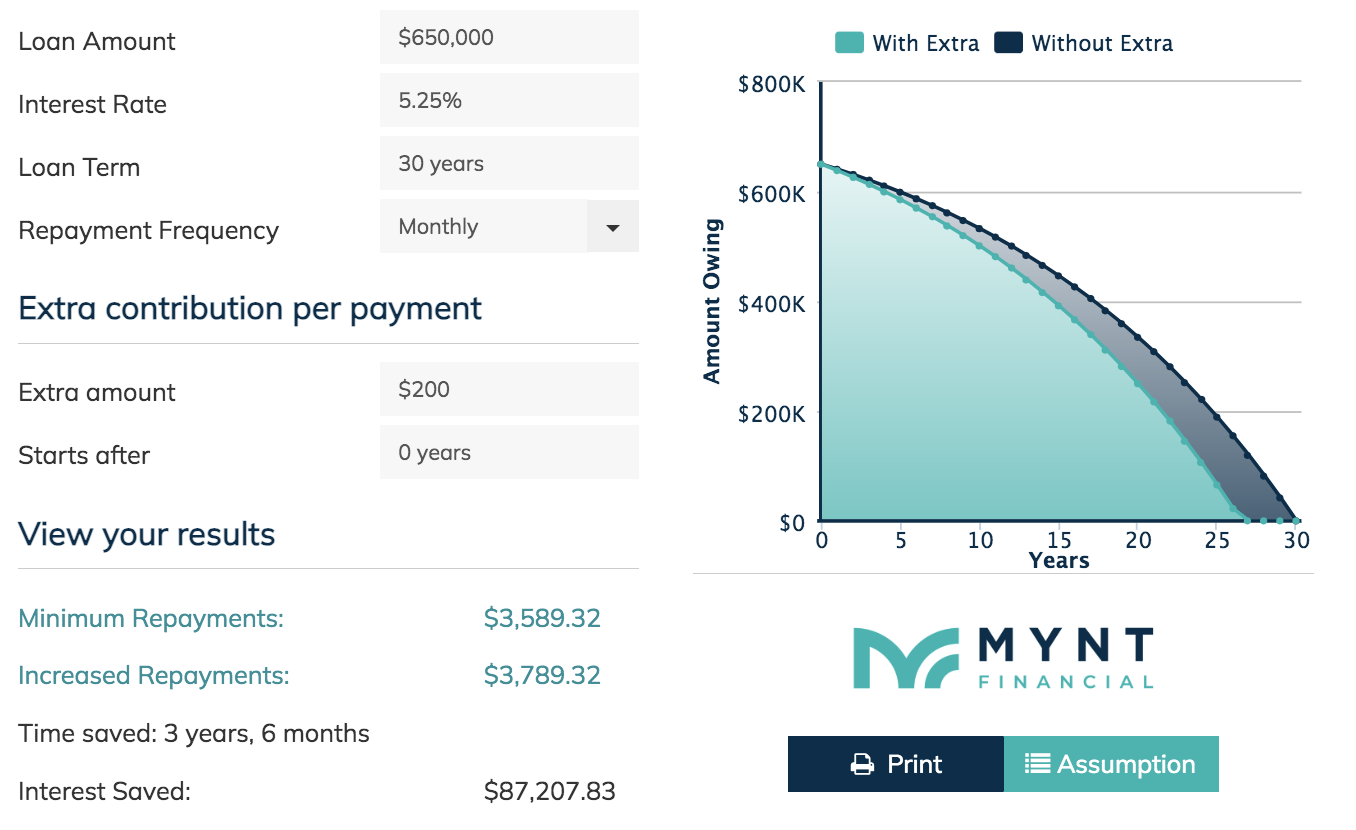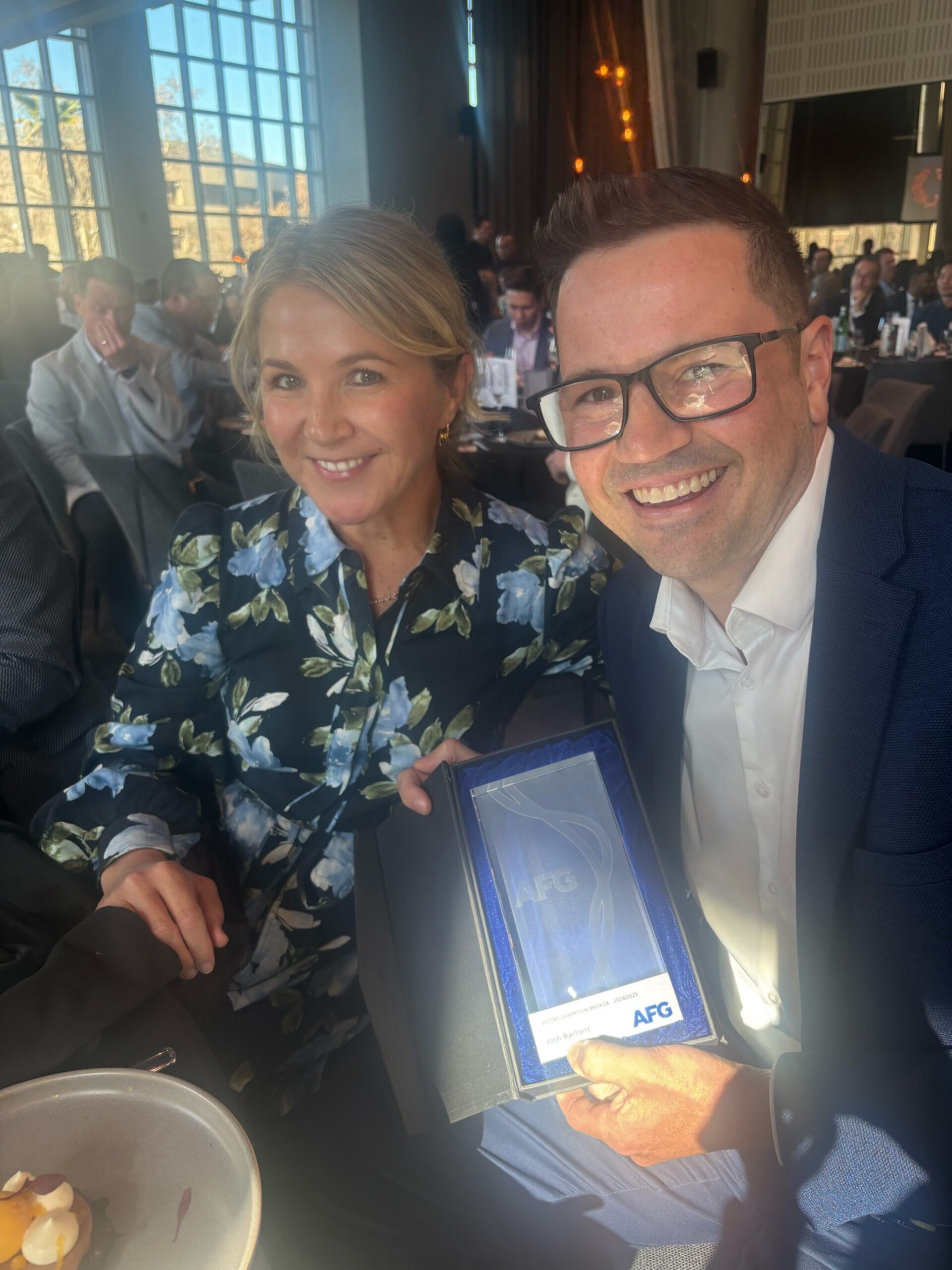Navigating the mortgage process can often feel overwhelming, especially with so many questions on your mind. Whether you’re a first-time homebuyer or a seasoned investor, getting the right answers from a mortgage broker can make all the difference in securing a loan that suits your needs. In this article, we’ve compiled the top 10 most frequently asked questions to a mortgage broker, offering clear and concise answers to help you better understand the mortgage journey and make informed decisions.
- What is a Mortgage Broker?
A mortgage broker serves as an intermediary between the borrower and the lender, utilising their expertise and advanced tools to find competitive rates and ensure a seamless journey to settlement. Acting in the borrower’s best interests, the mortgage broker manages the entire process, keeping the borrower informed at every stage and handling all necessary steps to secure the best possible mortgage terms.
- Why Use a Mortgage Broker?
With a vast array of mortgage products available, comparing them can be overwhelming. A mortgage broker simplifies this process by explaining the differences between options and helping you choose a loan that perfectly suits your needs. Once you’ve selected a product, the broker ensures everything stays on track and keeps you fully informed at every step.
- How Much Does It Cost to Use a Mortgage Broker?
Our services are free of charge to you. We receive a commission from the lender you choose, which is fully disclosed upfront (government and lender fees and charges may apply). Initially, your mortgage broker will provide you with our Credit Guide, outlining our general remuneration. Once you decide to proceed with us, we will give you a Credit Proposal Disclosure document, detailing the exact amount the lender will pay us after your loan settles.
There may be things outside the box that require an additional fee- Example bridging loan with no end debt but this is certainly something that we will talk to you about and how this process works.
Our advice is always based on what is best for you, regardless of our commission. Ensuring our clients’ satisfaction is our top priority, as we depend solely on your reviews and referrals to sustain our business. This dedication is reflected in our nearly 500 5-star reviews.
- What Are the Benefits of Using a Mortgage Broker?
Using a mortgage broker offers several key advantages:
Access to Multiple Lenders: Mortgage brokers have a broad network of lenders, including major banks, credit unions, and non-bank lenders, helping you find a loan that suits your specific needs.
Expert Guidance: As licensed professionals, mortgage brokers provide expert advice, helping you understand your options and make informed decisions.
Time-Saving: Brokers do the legwork for you, researching and comparing loan products to find the best options, saving you time and effort.
Negotiating Power: Mortgage brokers can negotiate better interest rates and loan terms on your behalf.
Personalised Service: Working one-on-one with you, a mortgage broker understands your unique financial situation, ensuring a smoother and more comfortable home loan process.
- Do You Just Recommend the Lender Who Pays the Highest Commission?
Absolutely not! Our industry is governed by the National Consumer Credit Protection Act (NCCP), which ensures ethical and professional standards to protect consumers. We disclose our commission from the bank upfront. Our sole focus is to find the best loan that meets your needs and financial situation.
- Why Choose a Mortgage Broker Over a Bank?
When it comes to finding the right loan, you have thousands of options available. Each bank or lender offers a variety of loan products, including low doc loans, package loans, redraw facilities, plant and equipment loans, fixed and variable rates, interest-only loans, and more. As a consumer, it can be overwhelming to determine which loan is right for you.
This is where a mortgage broker can make a significant difference. If you go directly to a bank, you’ll only have access to that bank’s loan products. As your mortgage broker, we do all the legwork for you. We have access to many lenders and their wide range of loan products, allowing us to find the perfect loan to meet your unique needs and financial situation.
- What is a Pre-Approval?
A pre-approval is confirmation from the lender that they are willing to lend you a specified amount based on the information your broker has submitted. This approval is conditional, meaning it depends on certain criteria being met. Common conditions include:
- A satisfactory property valuation
- Employment verification
- Formal acceptance from the mortgage insurer (if applicable)
Typically, a pre-approval is valid for 90 days. If you haven’t made a purchase within this period, your broker will contact you to renew the pre-approval.
- Do you need a conveyancer?
Yes, it’s highly recommended to have a conveyancer when you get a home loan, especially if you’re purchasing property. A conveyancer is a legal professional who specialises in the transfer of property ownership. Their role is to manage the legal aspects of the transaction, ensuring everything is done correctly and that your interests are protected.
Here’s why a conveyancer is important when getting a home loan:
- Contract Review: They review the contract of sale to ensure there are no unfavourable terms and that everything is in order.
- Searches and Due Diligence: Conveyancers conduct property searches and due diligence to identify any potential issues with the property, such as unpaid rates, zoning restrictions, or legal disputes.
- Coordinating with Lenders: They liaise with your lender to ensure that all mortgage documents are correctly prepared and signed, and that the loan funds are available in time for settlement.
- Settlement Process: On the settlement day, your conveyancer coordinates with the seller’s conveyancer and your lender to finalise the transaction. They ensure that all payments are made and that the property title is transferred into your name.
- Legal Compliance: They ensure the transaction complies with all legal requirements and that the transfer of ownership is properly registered with the relevant authorities.
While it’s technically possible to handle the conveyancing process yourself, it can be complex and time-consuming, with significant risks if not done correctly. Most people choose to hire a conveyancer to ensure a smooth and legally sound transaction.
- What is Lenders Mortgage Insurance? LMI
Lenders Mortgage Insurance (LMI) is a type of insurance that protects the lender (not the borrower) in the event that the borrower defaults on their home loan. LMI is typically required by lenders when the borrower is unable to provide a large enough deposit, usually less than 20% of the property’s purchase price. Here’s how it works:
How LMI Works:
- Purpose:
- LMI is designed to protect the lender against financial loss if the borrower is unable to repay their loan. If the property is sold for less than the outstanding loan amount due to the borrower’s default, the LMI policy covers the shortfall.
- When It’s Required:
- LMI is usually required when the loan-to-value ratio (LVR) is above 80%, meaning the borrower is borrowing more than 80% of the property’s value. For example, if you’re purchasing a property worth $500,000 and you have a deposit of $50,000 (10% deposit), your LVR is 90%, and LMI would likely be required.
- Cost:
- The cost of LMI can vary depending on the size of the loan, the LVR, and the lender’s policies. It can be a significant expense, often amounting to thousands of dollars. The LMI premium is usually paid as a one-off fee at the time the loan is settled.
- In some cases, borrowers can choose to pay the LMI premium upfront, or it can be added to the loan amount, in which case it would be repaid over the life of the loan.
- Impact on Borrowers:
- While LMI is designed to protect the lender, it can also benefit borrowers by allowing them to obtain a home loan with a smaller deposit. This can be particularly useful for first-time homebuyers who may struggle to save a 20% deposit.
- However, it’s important to note that LMI does not protect the borrower. If the borrower defaults, they are still responsible for repaying the loan, and their credit rating could be negatively affected.
- How It’s Calculated:
- The LMI premium is calculated based on the loan amount and the LVR. Higher LVRs typically result in higher LMI premiums. Lenders may use different LMI providers, so the cost can vary between lenders.
Key Points to Remember:
- LMI is for the lender’s protection: It does not protect the borrower.
- It allows for smaller deposits: Borrowers with less than a 20% deposit can still obtain a loan but will need to pay for LMI.
- Cost can be substantial: The LMI premium can add up to a significant amount, so it’s important to factor this into your overall borrowing costs.
Avoiding LMI:
- To avoid paying LMI, a borrower typically needs to have a deposit of at least 20% of the property’s purchase price. Alternatively, some lenders may waive LMI for certain borrowers, such as those with a guarantor or in professional industries.
LMI can be a useful tool for getting into the property market with a smaller deposit, but it’s important to understand the costs involved and how it impacts your overall home loan.
- Can a Guarantor Help Me Bypass Lenders’ Mortgage Insurance?
A parent can assist their children in avoiding the cost of Lenders’ Mortgage Insurance (LMI) by using a portion of their home equity to reduce the lender’s risk. Typically, if your loan doesn’t exceed 80% of the property value, you can combine your deposit with the equity from your parent’s home or investment property to stay within this safe margin (your broker can explain the details!). It’s important to note that parents acting as guarantors should seek independent legal advice to fully understand their rights and responsibilities.
Want to read more about FAQ’s – Click here
“While every effort has been made to ensure the accuracy of the information provided, please note that it may not be comprehensive or applicable to your specific circumstances. Always consult with a professional for personalised advice.”





